45 role of private labels
The role of private label tiers and private label naming ... Aug 27, 2019 · The evolution of private labels (PL) is a recent trend in the retail industry: many retailers now manage a PL portfolio that includes multiple value propositions, as well as various brand name strategies. Little research has been done, however, on how this combination of PL strategies conditions the results of the retailer that manages them. THE ROLE OF PRIVATE LABELS IN ANTITRUST | Journal of ... Jul 17, 2011 · THE ROLE OF PRIVATE LABELS IN ANTITRUST I. INTRODUCTION. Private labels, often also called “own labels” or “store brands,” have seen rapid development and... II. IMPLICATIONS OF PRIVATE LABEL PRODUCTS FOR INTER-BRAND COMPETITION. As noted above, private label products may most... III. IMPLICATIONS ...
4 Benefits of Private Labeling for Your Brand — Century Label Jan 25, 2019 · Private label products use the retailer’s private label brand. It is up to the end retailer to design the manufacturing, packaging, and marketing – not up to you as the creator of the good, eliminating added costs. You only pay the product cost without a premium for brand name or expensive marketing campaigns. Lower Operating Costs

Role of private labels
What is Private Labeling? [Definition, Pros, Cons & More] Advantages of Private Labeling Control Over Production Costs, Marketing, and Branding. As a retailer, you have control over every part of your private... Higher Profit Margin. Retailers control the entire supply chain, so there’s total control over product pricing. And with... Additional Income from ... Role of Private Labels, Private-Label Success Factors - Ebrary A private-label brand (also called a reseller, store, house, or distributor brand) is a brand that retailers and wholesalers develop. In grocery stores in Europe and Canada, store brands account for as much as 40 percent of the items sold.
Role of private labels. Role of Private Labels, Private-Label Success Factors - Ebrary A private-label brand (also called a reseller, store, house, or distributor brand) is a brand that retailers and wholesalers develop. In grocery stores in Europe and Canada, store brands account for as much as 40 percent of the items sold. What is Private Labeling? [Definition, Pros, Cons & More] Advantages of Private Labeling Control Over Production Costs, Marketing, and Branding. As a retailer, you have control over every part of your private... Higher Profit Margin. Retailers control the entire supply chain, so there’s total control over product pricing. And with... Additional Income from ...

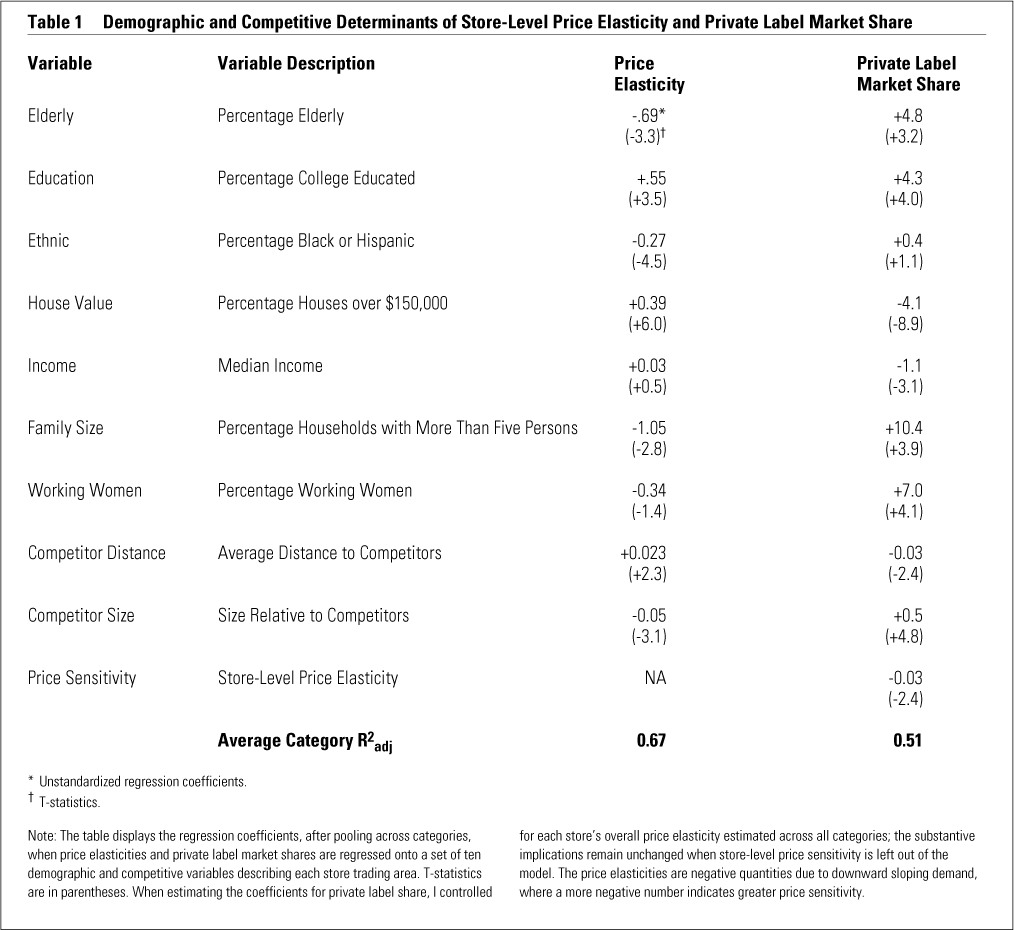

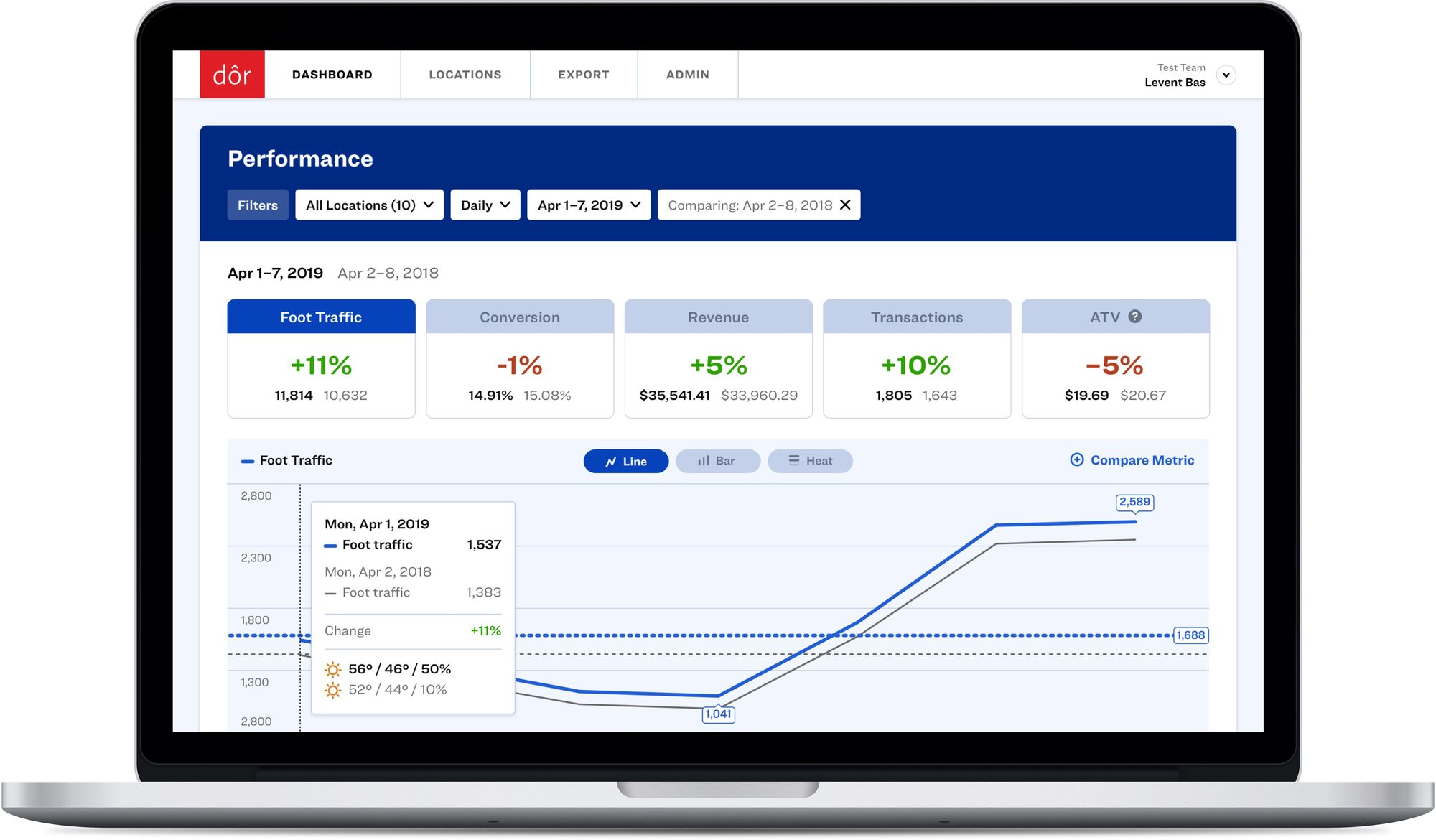


![PDF] Inter-Format Competition Among Retailers - The Role of ...](https://d3i71xaburhd42.cloudfront.net/21ffe7436f0bd2a09f4cf9b3c2035aeb146963c0/29-Table3-1.png)
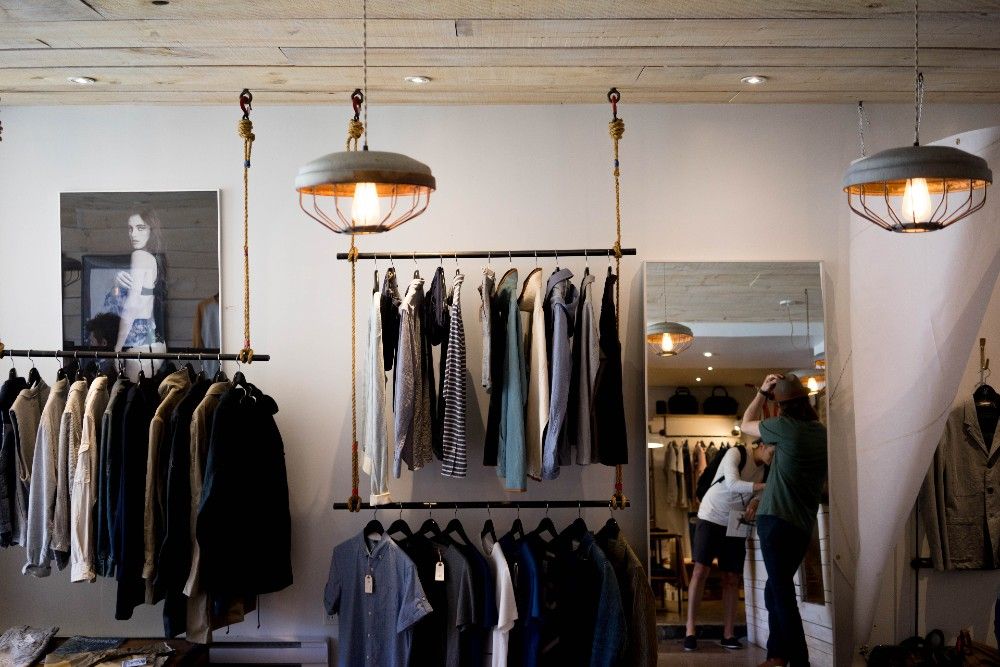

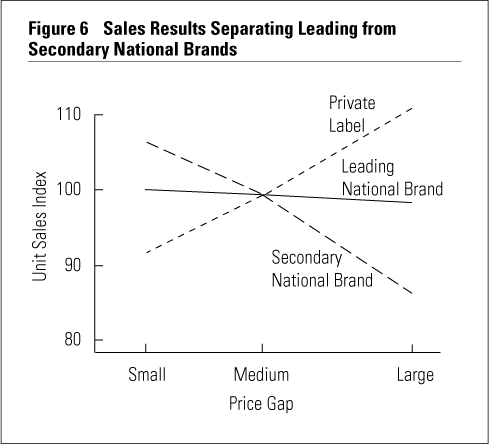










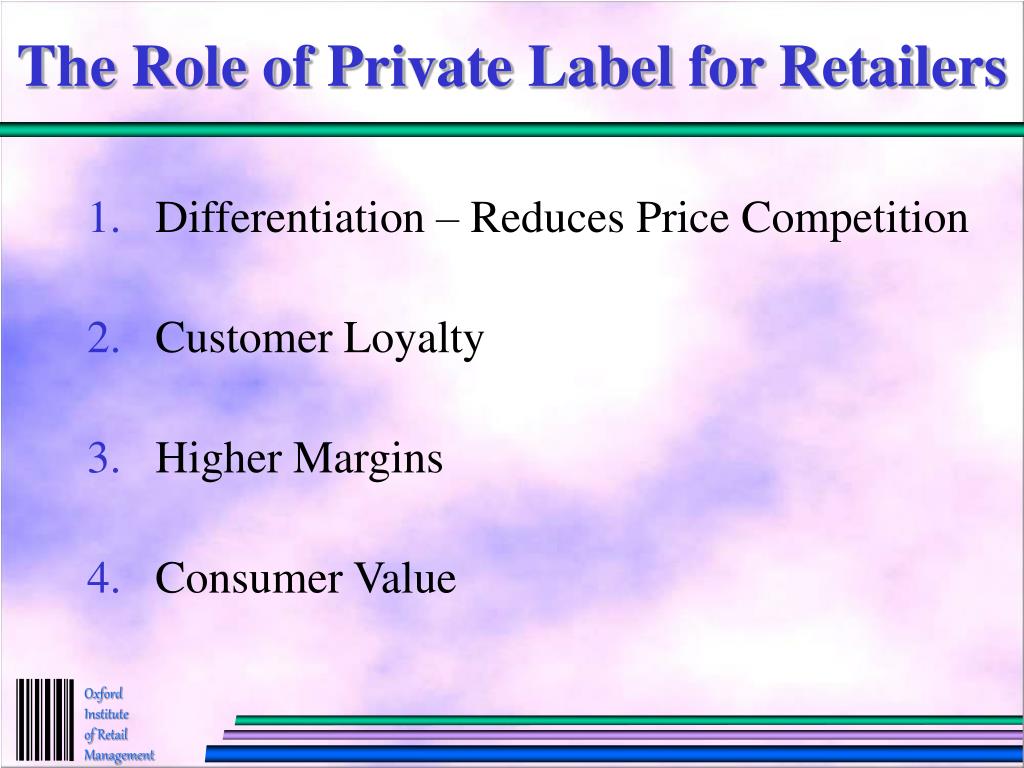

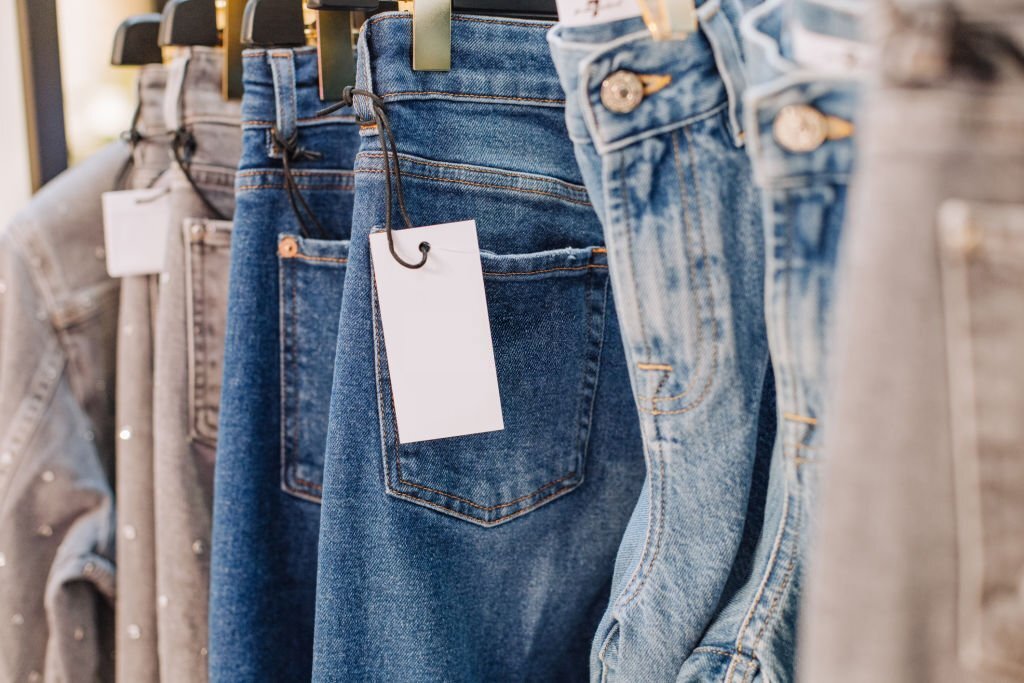

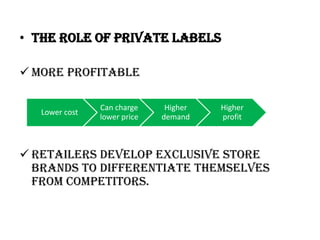




![PDF] Inter-Format Competition Among Retailers - The Role of ...](https://d3i71xaburhd42.cloudfront.net/21ffe7436f0bd2a09f4cf9b3c2035aeb146963c0/31-Figure2-1.png)
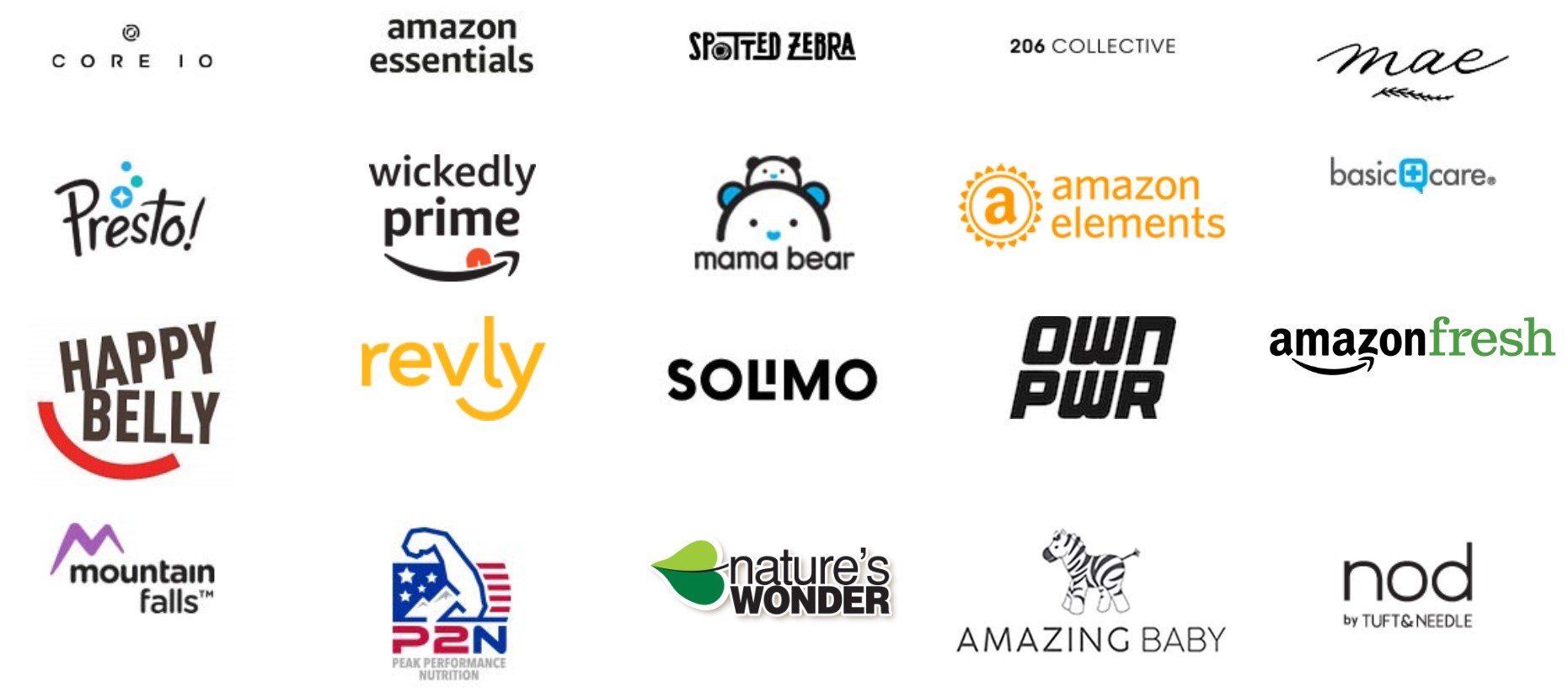
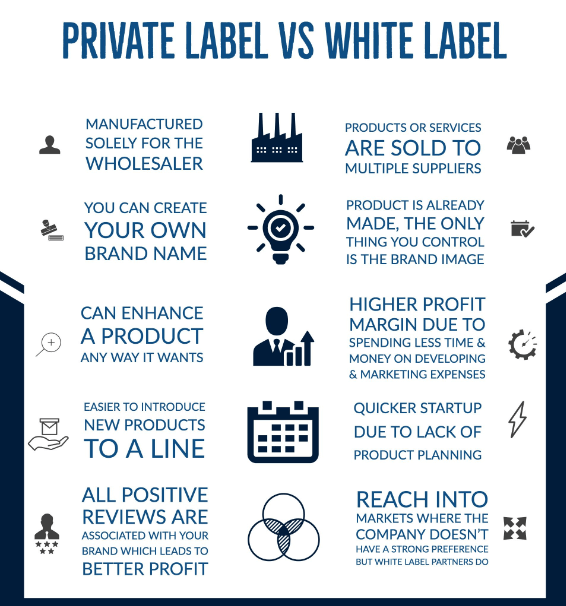
![PDF] Inter-Format Competition Among Retailers - The Role of ...](https://d3i71xaburhd42.cloudfront.net/21ffe7436f0bd2a09f4cf9b3c2035aeb146963c0/28-Table2-1.png)


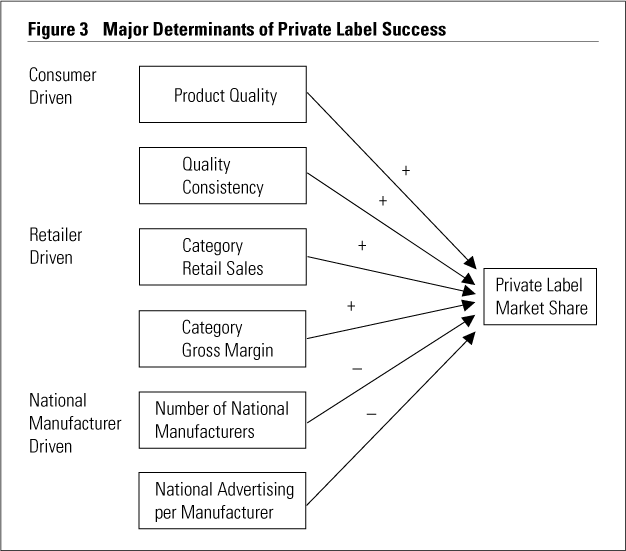

Post a Comment for "45 role of private labels"